Hotels get in on the experience economy
Hotels are betting big on the experience economy and are revamping their digital platforms to become travel marketplaces that curate and sell memorable moments alongside their rooms.
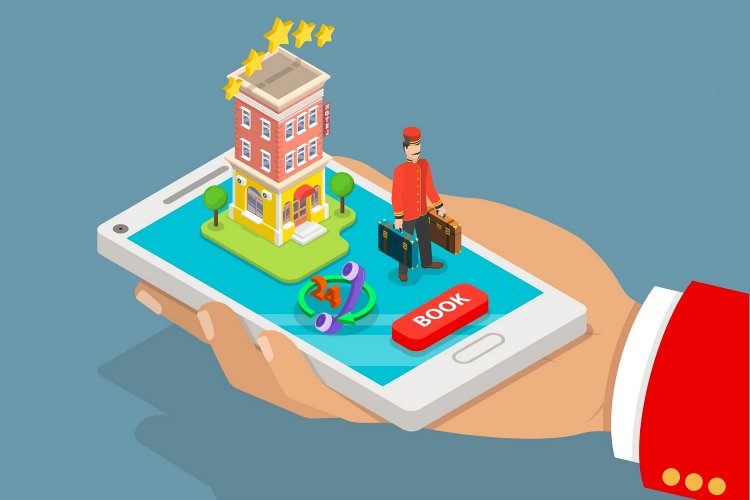

Hotels are betting big on the experience economy and are revamping their digital platforms to become travel marketplaces that curate and sell memorable moments alongside their rooms
And experts in the experience sector say these moves address the challenges that come with selling experiences rather than just accommodations.
Marriott International is among the companies leading the shift. As part of what the company has billed a "multiyear digital transformation," the hospitality giant is overhauling how it markets and sells experiences that have long been available at its properties, including spa treatments, fine dining and rounds of golf.
"We view ourselves as a travel retailer, and much like other great retail companies and e-commerce companies, we are making sure that we put all our products on the shelf and that they're easy to find," said Drew Pinto, Marriott's executive vice president and chief revenue and technology officer.
Pinto said this means transforming the booking process into a curated shopping experience. Once customers select a hotel, Marriott's booking platform shows them personalized recommendations: a golf enthusiast might be nudged toward booking a tee time at a property's golf course, while a foodie could be offered reservations at a property's Michelin-starred restaurant.
That personalization is key, with Marriott aiming to serve up only the most relevant suggestions to shoppers. The company sources personalization data via its loyalty program and direct customer input as well as through Marriott Bonvoy partnerships with brands like Starbucks, through which earning points with coffee purchases could signal interest in coffee and other culinary experiences.
"It's the classic retail challenge: you only have so much shelf space," Pinto said. "We don't want to show everything we have to every customer in the same way."
Pinto said Marriott's enhanced booking model is in the pilot phase, with the company working to integrate its offerings into the streamlined booking flow. The goal is for customers to eventually be able to book a bundled experience.
"You can book your room, you can book the activities, you can put it all on one bill and pay for it," Pinto said.
Pinto said that, initially, the enhanced booking capabilities will be available only via Marriott's direct channels, but potential extension to travel agents and other partners will be determined at a later time.
Finding a Way
Hyatt Hotels Corp. is also upgrading its experiences booking approach through a collaboration launched in late August with the Way platform.
Rolling out across hundreds of Hyatt's properties globally, the partnership integrates Way's experiential booking platform into Hyatt's digital ecosystem, including Hyatt.com and the World of Hyatt mobile app, enabling guests to find and shop a personalized selection of offerings.
The Way integration also enables World of Hyatt members to earn and redeem points on ancillary purchases and experiences booked through hotel websites, from in-room amenities and poolside cabanas to curated, limited-time experiences, a Hyatt spokesperson said.
At The Cape, a Thompson Hotel in Cabo San Lucas, Mexico, for example, guests can use Way to book add-ons like a cigar-rolling experience, a Sunday brunch or a beach workout session, while at the Grand Hyatt Indian Wells Resort & Villas in California, bookable offerings include a glow party experience, a villa barbecue and a high-intensity interval training class.
Evolving booking patterns
"Selling an experience is completely different from selling a hotel room," said Douglas Quinby, co-founder and CEO of Arival, a research firm focused on travel experiences.
"The accommodation part of travel is driven by a set of known parameters. With experiences, it's not where should I stay based on all these parameters, but it's what do I want to do? How do I want to spend my time?"
The shift toward selling experiences comes as research shows an evolution in the way younger travelers approach trip planning. According to Arival data, two-thirds of travelers ages 18 to 34 say experiences are very important in driving their destination decisions.
Older travelers, by comparison, tend to choose destinations first and activities later.
"It's a profound generational shift," Quinby said. "Travelers used to say, 'Let's go here, and what are the things to do there?' Now, they say, 'I want to do this, where are the best places for me to go?'"
In addition to enhancing its experiential booking capabilities, Marriott is hoping that the rollout of AI-powered natural language search capabilities will help capture that experience-first mindset. The feature, which is being tested with the group's Homes & Villas by Marriott Bonvoy product, enables customers to describe their travel desires in a more conversational, open-ended manner.
"You may just want to [say], 'I want to go someplace warm, I want to bring my dog, I want a great place for culinary,'" Pinto said. "You may not have a specific destination in mind, so you want to be inspired."
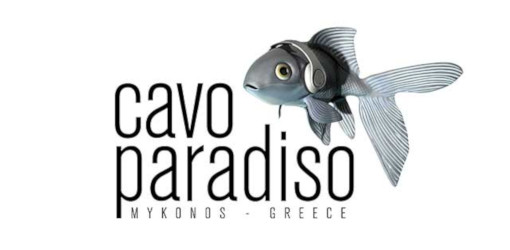
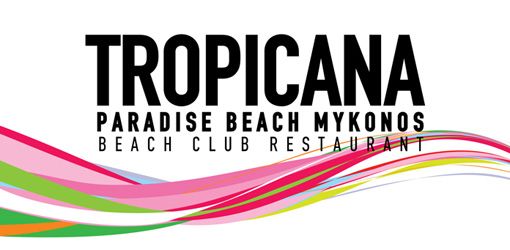
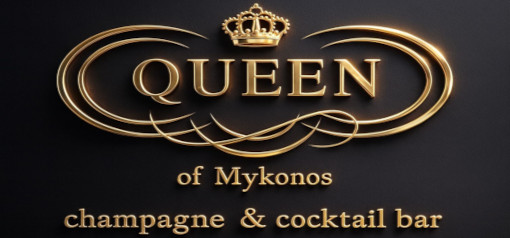
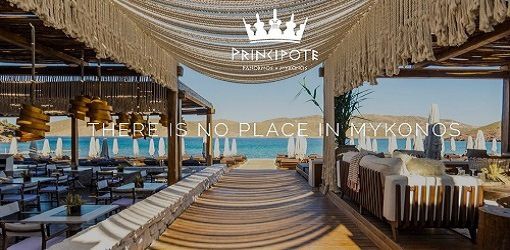



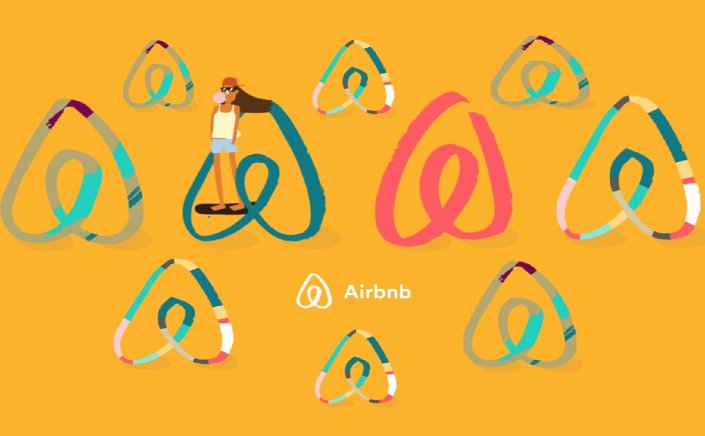
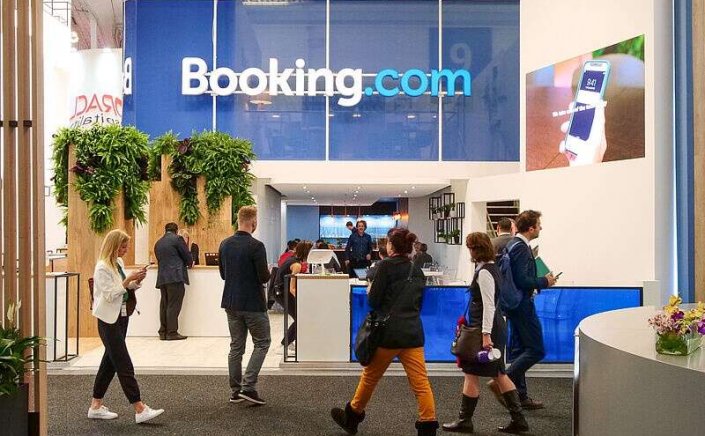
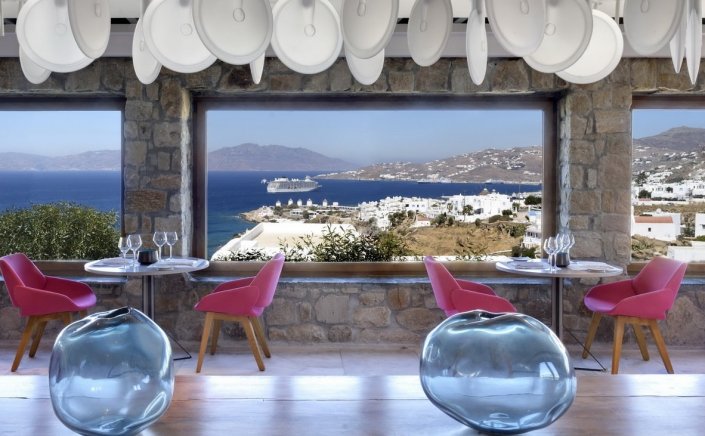
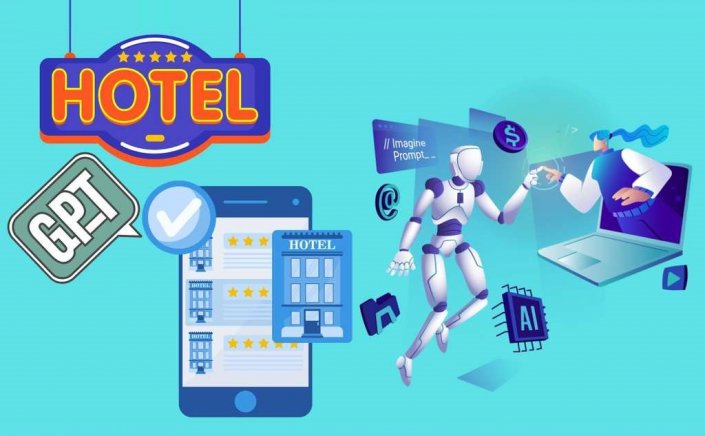





![Charlize Theron!! Βουτιές από το ιδιωτικό της yacht, μαζί με τις δυο κόρες της!! [Video]](https://mykonosticker.com/uploads/images/2021/08/image_140x98_610b93d58d37f.jpg)









![Καλά Κούλουμα και Καλή Σαρακοστή!!! [Video]](https://mykonosticker.com/uploads/images/2021/05/image_380x226_608ed797a99a4.jpg)